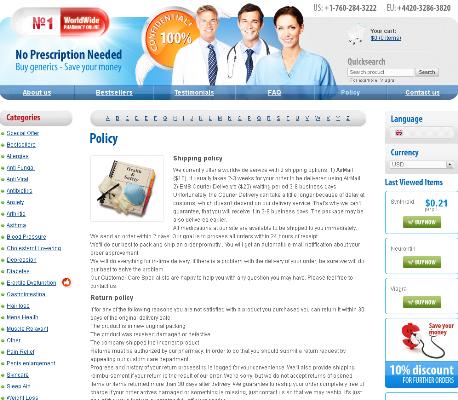Isotretinoin is an oral type drug used as a cure and prevention treatment for rigorous acne that has failed to react to usual cures for instance antibiotics. The Isotretinoin drug is prescribed for acne which is brought about by irritation of the skin. Acne is primarily a teenager`s disease however it also affects grownups and when severe it can cause permanent scarring of skin. The irritation is brought about by an increased discharge of an oily substance called sebum. It is from the skin glands and it is what incites inflammation which later on heals with the formation of a scar. Isotretinoin reduces the acne by reducing the sebum secretion.
How Isotretinoin Works Against Acne: Isotretinoin carries out several things simultaneously: - It reduces production of oil through reducing sebaceous glands - Isotretinoin also helps reduce cell build that lead to white or blackheads - It kills acne bacteria inside the skin - Isotretinoin reduces inflammation Typical oil production in the skin will might return when you complete your Isotretinoin course. The sebaceous glands slowly grow larger in size; nevertheless they don`t reach their original size. Isotretinoin is in general prescribed for obstinate, to severe or even nodular acne that which is resistant to several different other treatments. The Isotretinoin treatment rapidly works to diminish the severe acne inflammatory abrasion by a large percentage. On the other hand in some cases Isotretinoin users are instructed to wait for some time before using it. In these cases you find that more often than not the Isotretinoin sometimes fails to work for the first time around. According to scientific research, acne usually returns for close to 10 percent of people suffering from acne and are Isotretinoin users.
Does Isotretinoin Work Over A Long Period? Isotretinoin does not always work for everyone. There have been cases whereby sometimes it has made peoples acne much worse than it initially was and consequently caused horrible scarring.
How Is Isotretinoin Prescribed? Normally Isotretinoin is introduced in very low dose forms which are gradually increased over the period. There are two ways in which Isotretinoin can be administered and these are: - The high-dose is the method most used; it is usually used for women. However these means you are likely to incur potential Isotretinoin side effects for the duration of the first few months. - The low-dose: In this case each day a lower than average Isotretinoin dose is administered over a long duration. This consequence in fewer side effects through the initial months. More often than not all other prescription on acne medication are discontinued while on Isotretinoin. In spite of the fact that there are no certain ways of telling whether Isotretinoin will give results for you or if you are likely to suffer from its side effects, you can get together your own judgment by doing some of your own research on it. If you decide to use it and get a prescription from your doctor, you may keep your own Isotretinoin journal and record the progress.
Isotretinoin Side Effects: Potentially grave side effects of Isotretinoin include seizures, vomiting and vision changes. Most people encounter only minor side effects that fade away within two or three weeks after discontinuing the medication. Blood checkups have to be done on regular basis to document and check on possible side effects that arise. A good number of the side effects are usually dose associated, which therefore means they worsen as one continues with the dose.

